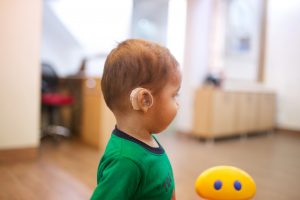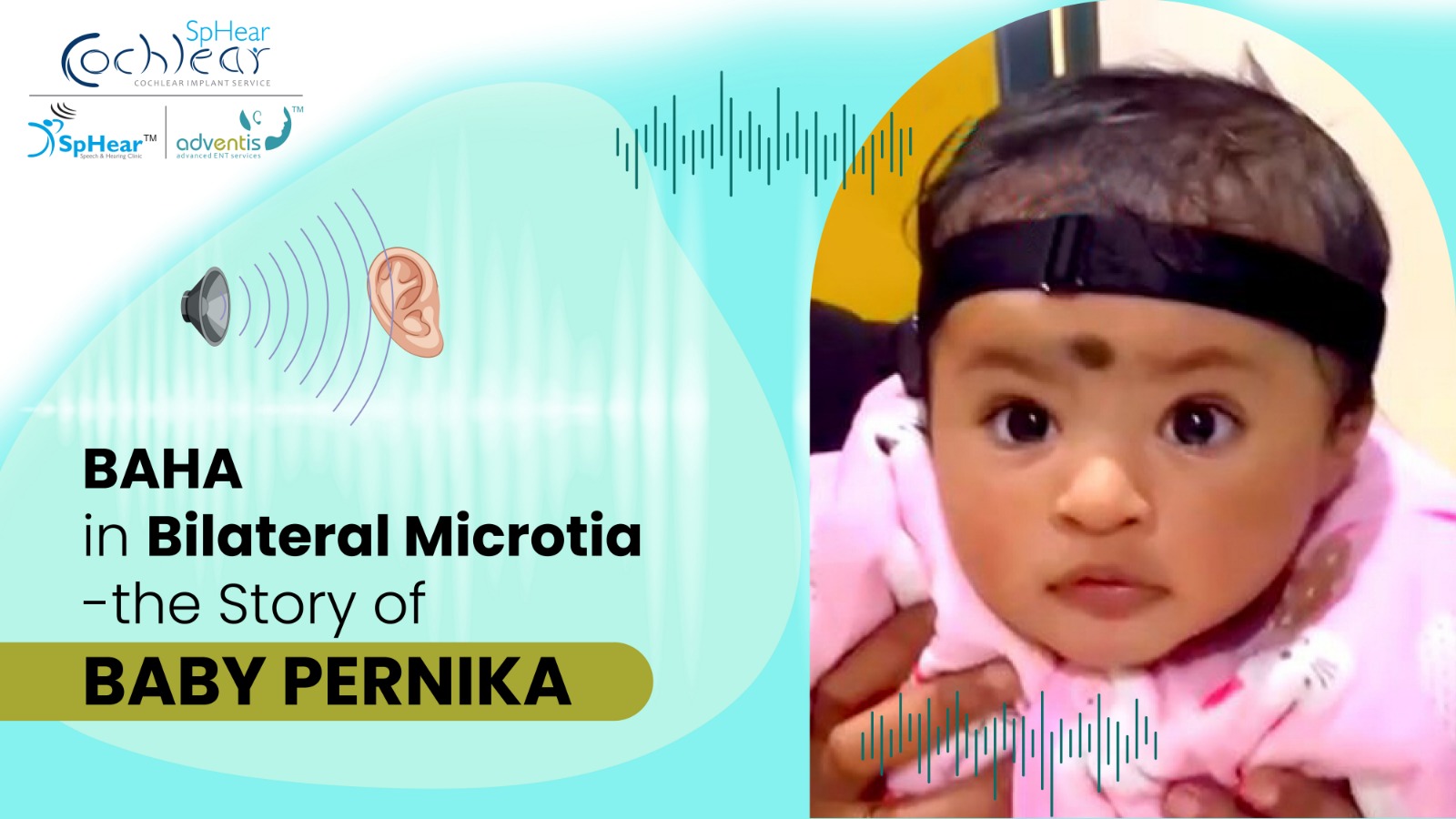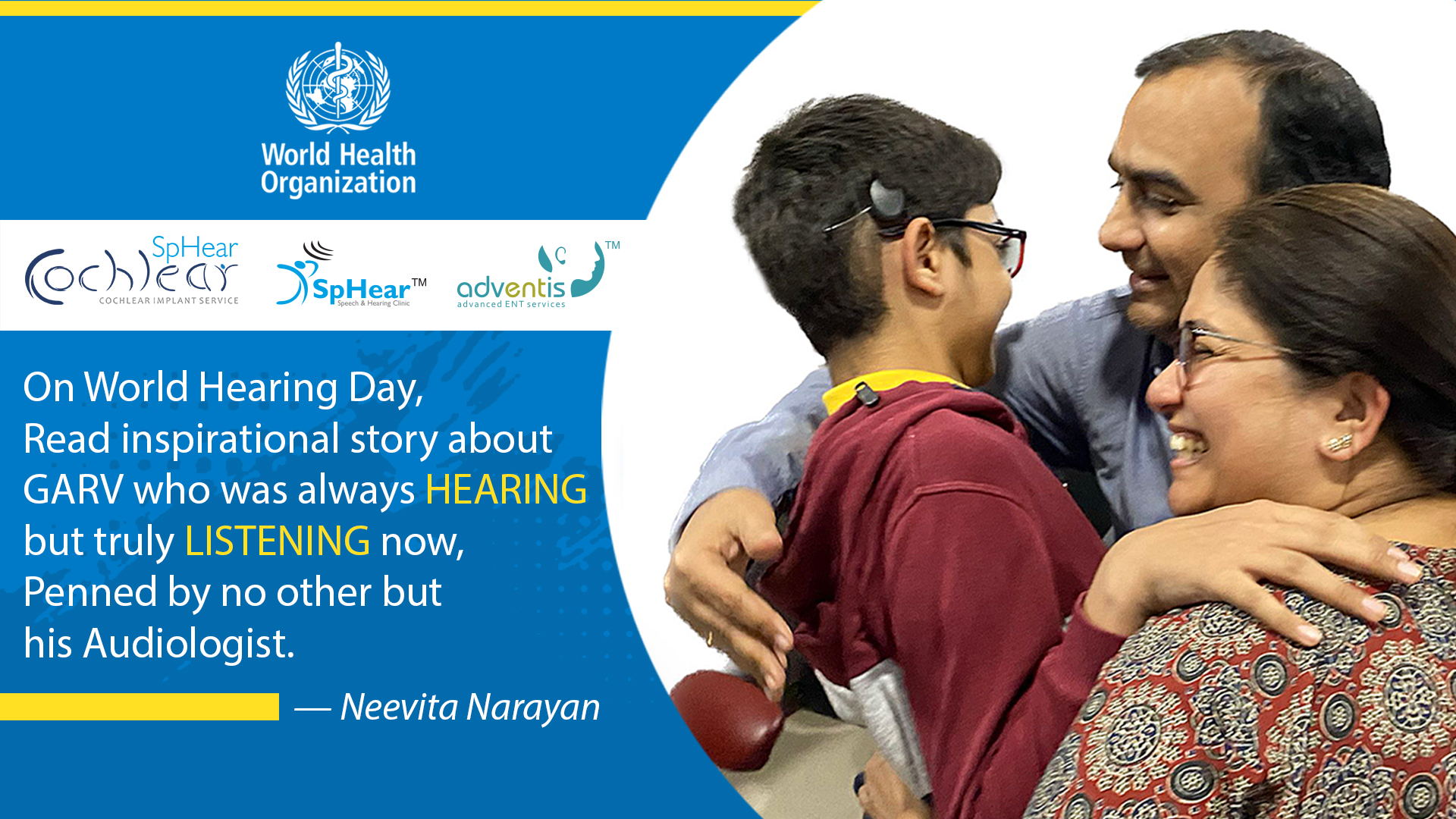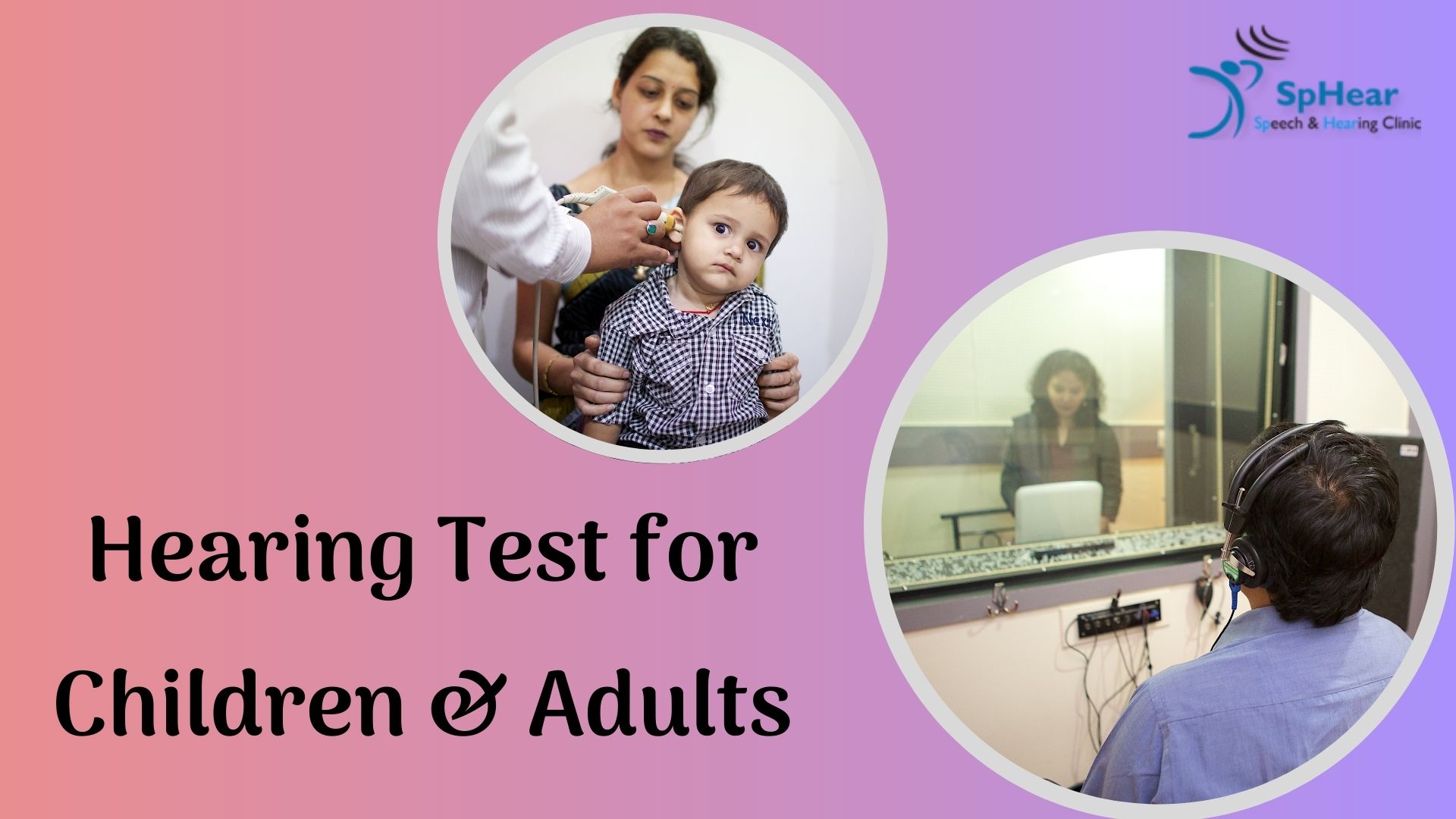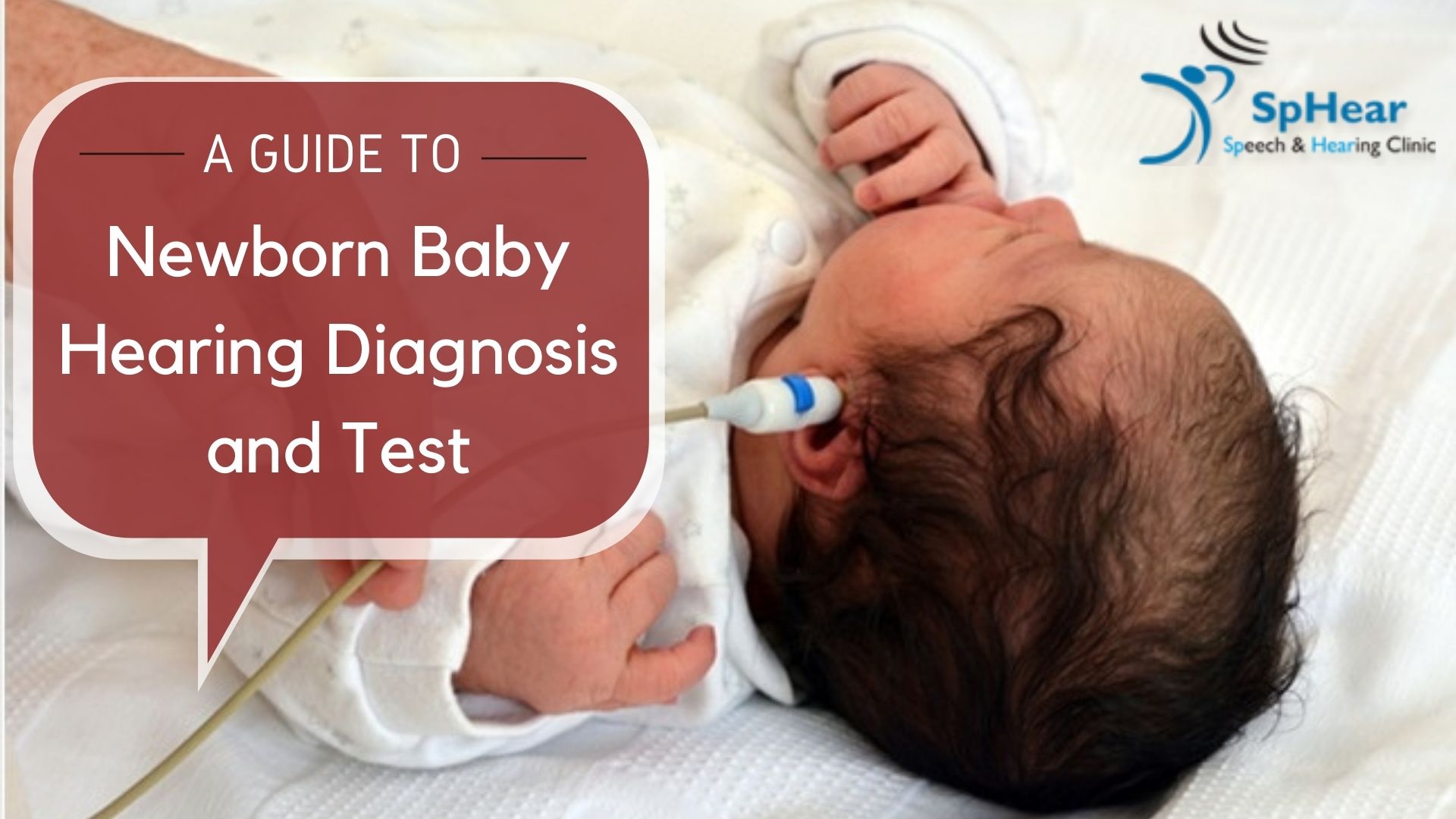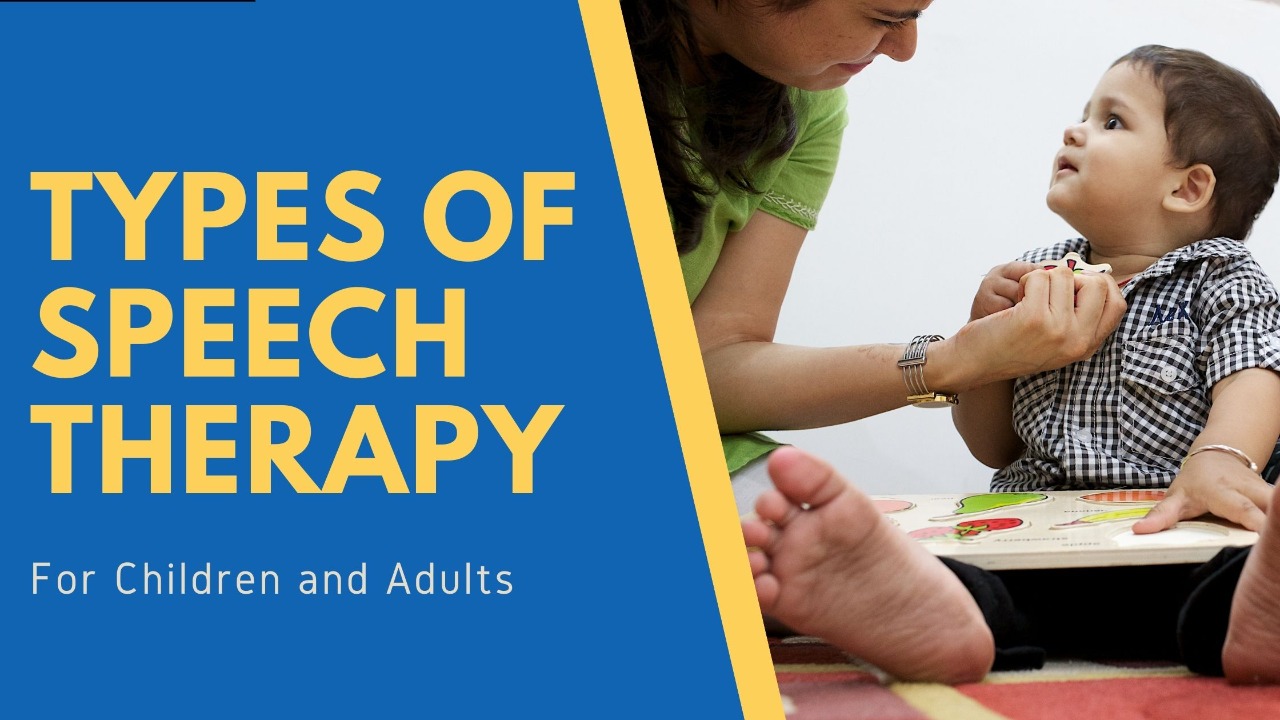Why aren’t hearing aids enough for some people?
While the majority of people who suffer from hearing loss may be helped with hearing aids, for some, hearing aids do not provide the benefits they need. Why is this?
Simply stated, hearing aids only amplify sounds. For people with a moderate – to – profound hearing loss, even the most advanced hearing aids may not work because making sounds louder does not make them clearer.
You may be able to hear sound with hearing aids, but understanding speech and other sounds may still be very difficult. Using a hearing aid with a moderate – to – profound hearing loss can be likened to listening to a loud, badly tuned radio program. Your experience only fragments of the program, but at full volume. And in some cases hearing aids may not provide audibility. In such cases, a cochlear implant may be the best option.
What is a cochlear implant?
A cochlear implant is an electronic device that can restore useful hearing and provide improved communication abilities for persons who have severe to profound sensorineural hearing loss (nerve deafness) and who cannot benefit from hearing aids.
How is an implant different from a hearing aid?
Cochlear implants differ from hearing aids in two important ways:
- Hearing aids simply amplify sounds. A cochlear implant, on the other hand, transforms speech and other sounds into electrical energy that is used to stimulate the hearing nerve in the inner ear.
- Unlike most hearing aids, cochlear implants have both internal and external components. The implant system consists of an external speech processor and headset (worn behind the ear) and an internal, surgically implanted receiver/stimulator package with an electrode array.
A cochlear implant does the job of the hair cells in the inner ear. As a result, it restores your ability to perceive and understand sound. Unlike a hearing aid, a cochlear implant doesn’t make sounds louder. Rather, it bypasses the damaged part of the ear and stimulates the auditory (hearing) nerve directly. This provides a clearer understanding of sound and speech.
Working of a cochlear implant:
- The sound is picked up by a microphone placed on the ear.
- The microphone converts the sound into electrical energy. This electrical signal is transmitted through a cable to the speech processor.
- The speech processor is an ear level device. It analyzes and digitizes the sound into coded signals. This coding is done by the processor depending on how it is programmed. The speech processor decides how much current is to be sent into the cochlea so that the wearer will hear the sound. Different types of speech coding strategies are available on speech processors.
- The coded signal from the speech processor is sent to the transmitting coil worn on the head. This coil is held in place with a magnet. The transmitting coil sends the coded signal across the skin via radio frequency link, to the receiver-stimulator package.
- The receiver- stimulator package is surgically fitted in the mastoid bone of the skull just behind the ear. The receiver-stimulator package contains a magnet so that the transmitting coil and receiver are aligned with each other without any direct contact with the skin.
- The signal from the receiver-stimulator package is sent to the electrode array which has been surgically put into the scala tympani of the cochlear.
- Stimulation of the electrode array leads to stimulation of the nerve endings in the cochlea. This results in a sensation of sound.
One Cochlear implant or two?
Our brain uses information received from both ears to help us hear well. Binaural hearing is a term used to describe this. It occurs naturally in someone with unimpaired hearing. But in the case of someone with a bilateral hearing loss, it may be achieved through the use of two hearing aids, two cochlear implants or bone conduction implants or with a combination of implants and hearing aids.
The benefits of binaural hearing include:
- The ability to localize from where a sound is coming. This is very important from a safety perspective.
- A better understanding in noisy environments as selective listening is achieved more easily.
- Better sound quality as you are hearing in both ears. This greater range provides a better sense of sound balance and quality.
- An increased ability to distinguish between sounds.
- Keeping both ears active. When the hearing nerve in one ear is not used for an extended period of time it tends to lose its ability to understand.
- A less tiring and more enjoyable listening experience.
- A sense of balance. When people hear from just one side they can feel that they have a ‘dead side’, which can be a strange sensation.
Bilateral implantation is becoming a more common practice as hearing professionals worldwide recognize the benefits of binaural hearing.
What are the benefits of a cochlear implant system?
The hearing is the basis on which we learn to speak and communicate with our friends and families in schools and communities. Today, thousands of children and adults with a hearing loss learn or re-learn, to listen and speak with a cochlear implant system. It allows them to participate fully in the hearing world.
Benefits of a Cochlear Implant System
Cochlear implant systems can offer a wide range of benefits including hearing speech, environmental sounds, and music.
Everyday Sounds
Nearly all cochlear implant users hear environmental sounds, keeping them in touch with their surroundings – including traffic, sirens, alarms etc.
Speech Understanding
Virtually all recipients hear speech sounds through their cochlear implant. It usually takes some time to begin to understand these sounds, especially for children. Learning to understand speech and speech in difficult situations allows many adults to return to work or to continue a career which was interrupted by hearing loss. For children, a hearing loss can make it difficult to learn or concentrate properly at school.
Through an effective follow-up program, learning to understand speech sounds is achieved gradually, and many CI recipients go on to achieve speech understanding without lip – reading and in difficult listening situations.
Speech skills
Hearing the speech of others as well as their own voice helps CI recipients to tune their speaking abilities. Recipients report that improved speech skills can open up new social, educational and career opportunities.
Telephone use
Many people are unable to use the CI system so effectively that they can understand speech without lip – reading and can have interactive conversations over standard and mobile phones.
Infants and children
Children born with a profound hearing loss who received a cochlear implant at a young age may learn to listen and speak, going on to obtain age-appropriate language skills. Your child may be able to attend a mainstream school and enjoy success in further education, employment, and community life.
Studies have shown that children implanted before the age of two achieved spoken language skills equal to, or closely ranked with their hearing peers.
Adults
For many adults, suffering a hearing loss is just part of getting older. While hearing aids can be effective, there may come a time when a hearing aid just isn’t enough.
A study of people using cochlear implants showed an average sentence understanding of 80% after three months of using a cochlear implant and 90% after six months. This compares to only a 10% understanding when using hearing aids.
Talking on the phone, reading to your grandchildren and taking part in community activities or social events may once again be possible with a cochlear implant.


